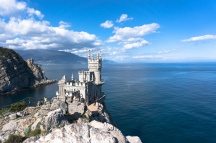Reviews

The Review demonstrates trends following from the Russian court practice to June 2020...

Books on Russian law written in English can occasionally be found on the shelves of foreign libraries. A 256-page work by Japanese professor of jurisprudence Hiroshi Oda entitled Russian Arbitration Law and Practice...

Resolution No. 53 "On the carrying out of functions by courts of the Russian Federation regarding the assistance and monitoring of arbitration proceedings and international commercial arbitration"...

A speech by The Right Honorable The Lord Woolf Order of the Companions Honour at M. Narikbayev KazGUU University on 17 September 2019 in Nur-Sultan, Kazakhstan.
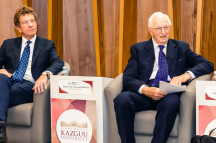

This article gives an outline of the kinds of disputes that arise in the international oil and gas industry. The subject is potentially encyclopaedic in scope, so for an article of this kind I have had to be selective...

The recent approach of the English courts has further assisted international fraud investigations by adopting new tools and enhancing existing tools to assist with the investigation and recovery of fraudulently obtained assets. A few select examples are outlined below...

Professional responsibility of Russian lawyers is a long-standing matter. Recently, in addition to domestic ethics the legal community has been maintaining debates on ethical challenges in international commercial arbitration (“ICA”). For Russia, it looks as a discussion of particulars of creating a bicycle, when we are out of wheels.

This year marks the 100thanniversary of ICC and this article takes advantage of this occasion to describe the history of the ICC Court and highlights the recent developments in its rules and practices...
Paris is one of the major centres and safest seats for international arbitration. Arbitration-friendly French law stems from the progressive legal framework in place since 2011. Local courts support the development of arbitration by their valuable pro-arbitration case law.

France has enacted a new statute named “Justice of the 21st Century,” reforming many provisions of French legislation, among which a redrafting of the provisions of Article 2061 of the French Civil Code which defines the regime applicable to the validity and enforceability of arbitration clauses in the domestic legal order. The reform has introduced two main changes...


This month the international review offers to your attention a selection of landmark cases heard before ICSID tribunals and the High Court of Justice Business and Property Courts of England and Wales Commercial Court (QBD).

This article sheds light on the history and activity of the ICC Eastern and Central European Institutional Arbitration Group, which, despite its importance and role in development of arbitration in the region, is not always known to the arbitration community.
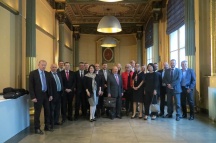
An event addressing the substance of Swedish law was organized in Moscow by the Swedish Arbitration Association, Young Arbitrators Sweden, the Arbitration Institute of the Stockholm Chamber of Commerce and by the leading Swedish lawfirms Delphi, Hannes Snellman, Lindahl, Mannheimer Swartling, Norburg & Scherp, Roschier, Vinge and White & Case.
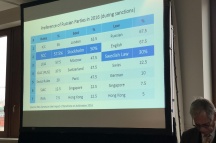
The Russian arbitration reform started at the end of 2015 when major changes were made to the LawOn International Commercial Arbitration ("ICA Law") and the procedural codes, and a new law on domestic arbitration was enacted.The New Arbitration Laws came into force on 1 September 2016...

Arbitration in Switzerland 101: the country to host the first formal inter-state dispute on claims for damages following the American Civil War, litigation of Yukos vs Russia, and home of SCAI – Swiss Chambers’ Arbitration Institution and CAS – Court of Arbitration for Sport.

The international review offers the recent cases involving parties from Central, Southern and Eastern Europe and Kazakhstan, heard before ICSID tribunals and England and Wales Court of Appeal. The review is prepared by our editorial board member from France — Ekaterina Grivnova, LLM in Arbitration and International Business Law at the University of Versailles, and Elena Belova, PhD candidate in investment arbitration at the University of Lille, France...
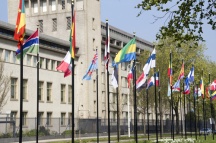
In April 2016, as a result of the reform of the judicial system, the Law On Arbitration (the “New Arbitration Law”) was adopted. This law is based on the UNCITRAL Model Law. It governs both international and domestic arbitration proceedings.
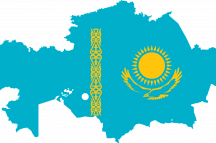
Businesses and investors of Kazakhstan preferred to litigate in London and Singapore. Will the efforts of current Kazakh establishment persuade them to keep court fees at home? Members and guests of Russian Arbitration Association discussed the prospects and drawbacks of the emerging eurasian arbitration centre at a round table...
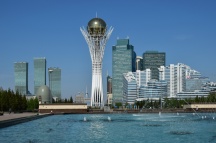
The battlefield of the Russia-Ukraine conflict, which erupted in 2014, has long since expanded to various international tribunals. In addition to a number of interstate proceedings, a quite unique branch of investment arbitration jurisprudence has emerged...
